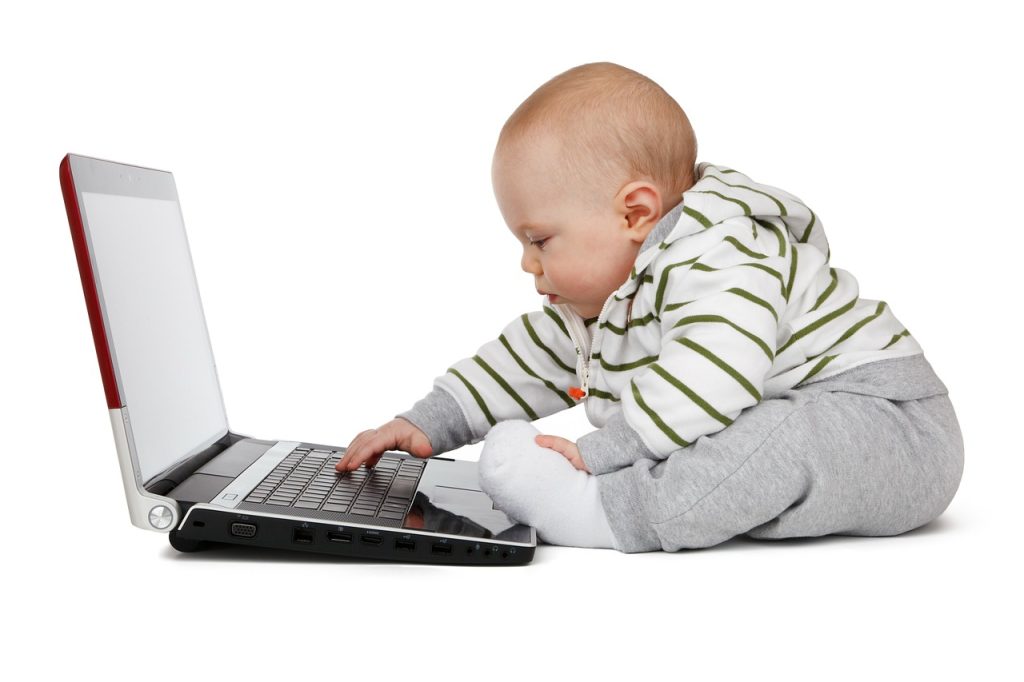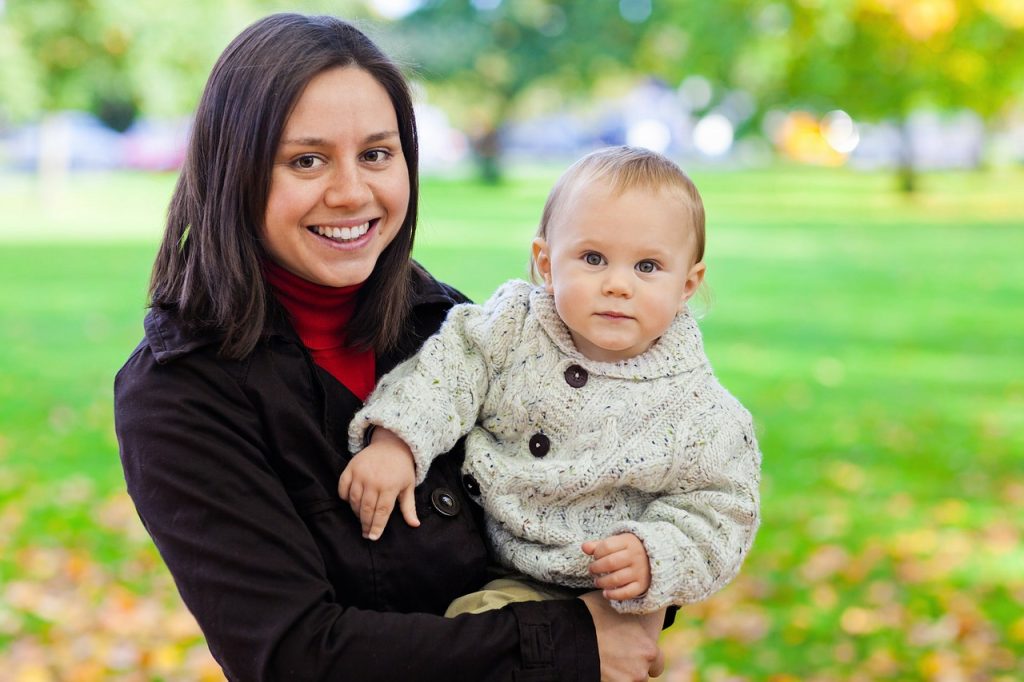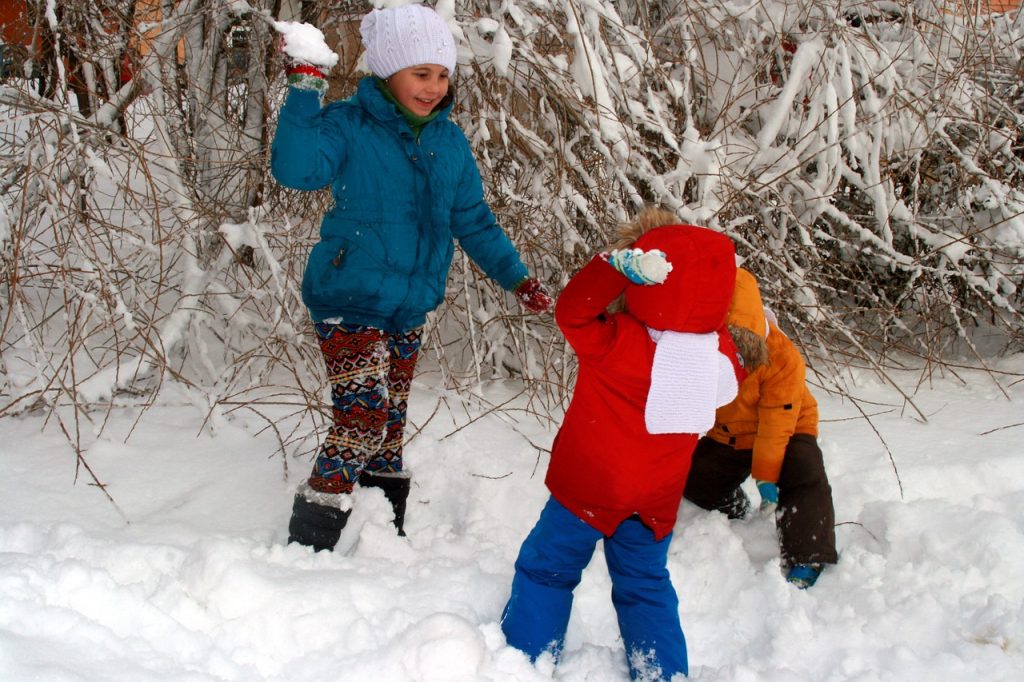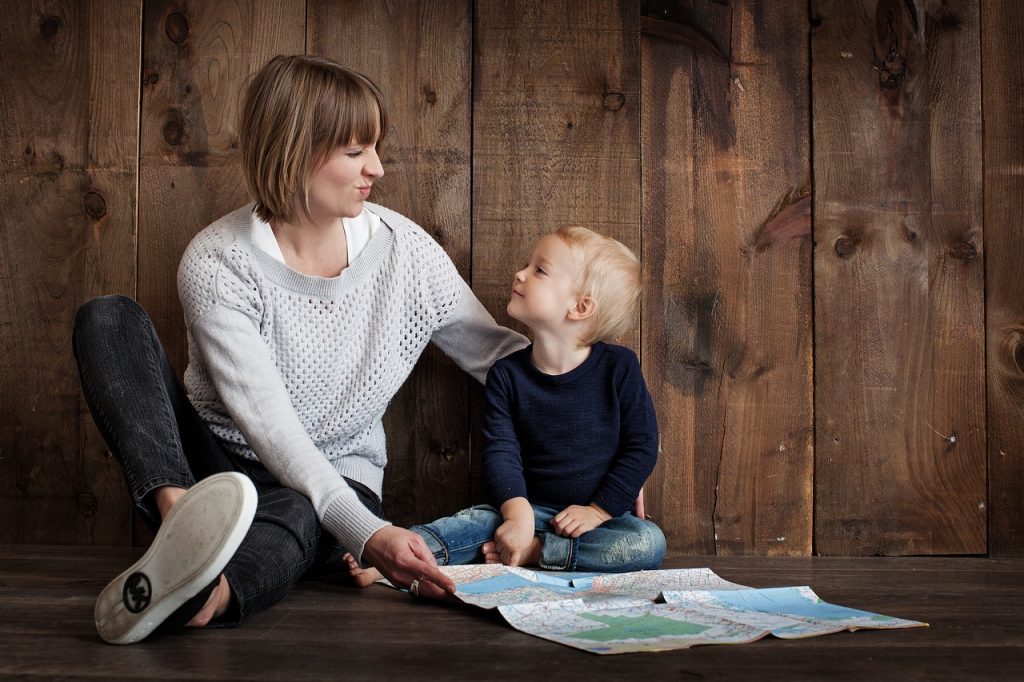It happens to everyone at some point. Sick child, sick childminder or nanny, unexpected business trip, one child in hospital and siblings not allowed in or your carefully prepared backup plan for nursery closure has fallen through. You need emergency childcare. Apart from the logistics of sourcing a temporary nanny, emergency childminder or last minute nursery place there are a few things to consider. You want to make the handover as smooth and stressfree as possible for you, your temporary childcare and above all your child.
It happens to everyone at some point. Sick child, sick childminder or nanny, unexpected business trip, one child in hospital and siblings not allowed in or your carefully prepared backup plan for nursery closure has fallen through. You need emergency childcare. Apart from the logistics of sourcing a temporary nanny, emergency childminder or last minute nursery place there are a few things to consider. You want to make the handover as smooth and stress-free as possible for you, your temporary childcare and above all your child
There are many ways to find emergency childcare, via an agency or searching for temporary nannies with availability. It’s best to maximise your chances by following as many leads as possible. Once you’ve found someone don’t be tempted to skip steps – ask for at least 2 references and either request scans of their checks and qualifications or get them to bring them along so you can see for yourself before they start work.
Prepare your child as much as possible for the change to his routine by talking about the new childcare and highlighting the advantages and similarities. Reassure them that this isn’t a permanent change to their routine and they will be able to return to normal afterwards. A special comforter, blanket or cuddly toy, even if usually reserved for bedtimes, may help your child deal with the transition.
Leave a much detail as possible for your new nanny or childminder concerning your child’s routine and favourite foods and activities and, if you have chosen an emergency nanny, your house.An experienced temporary nanny will be used to parachuting in and getting on with it but it’s better to have too much detail than none at all. After all if everything is going well they may not need to refer to your speedily put together manual but should they need to know something it will make their life, and yours, a lot easier if they can just scan through to find what they need to know.
Where possible ensure sufficient time for a handover but don’t drag it out for too long. It’s hard leaving your child with someone she and you don’t know but it can be very confusing if you’ve explained that the emergency nanny or childminder is going to look after her and then you don’t leave. Tell the emergency childcarer to call you if there are any problems or your child doesn’t settle, and leave as many numbers as possible for you and your partner so you can be reached easily.
Discuss payment beforehand. There’s nothing worse than turning up at the end of the day with an empty purse to find that they are expecting cash. There’s nothing illegal about paying in cash, in fact many childcarers who take short-notice, short-term jobs prefer it as it means they know they’ve been paid. Be aware that paying in cash doesn’t necessarily mean you don’t have to deduct tax and National Insurance or a temporary nanny; some are self-employed but if they’re there for more than a few days they may be expecting you to act as their employer. If you already employ a nanny and use a payroll agency then they should be able to help you.
Prepare for emergencies by leaving a letter of consent for medical treatment. It would be exceptionally bad luck to face a trip to A&E on top of your childcare crisis but these things can happen and it’s safer to be prepared.
Finally, give yourself permission to make the day as easy as possible. The housework can wait, dinner can be the freezer’s finest or a takeaway, take a taxi – surviving emergency childcare is tough enough without extra work.
Hopefully you and your child will come through smiling, and even asking for your temporary nanny to come back!






